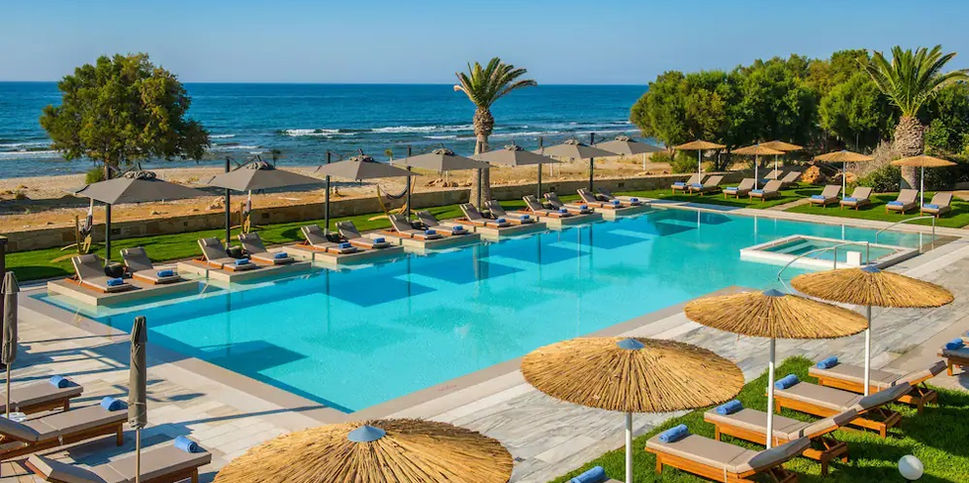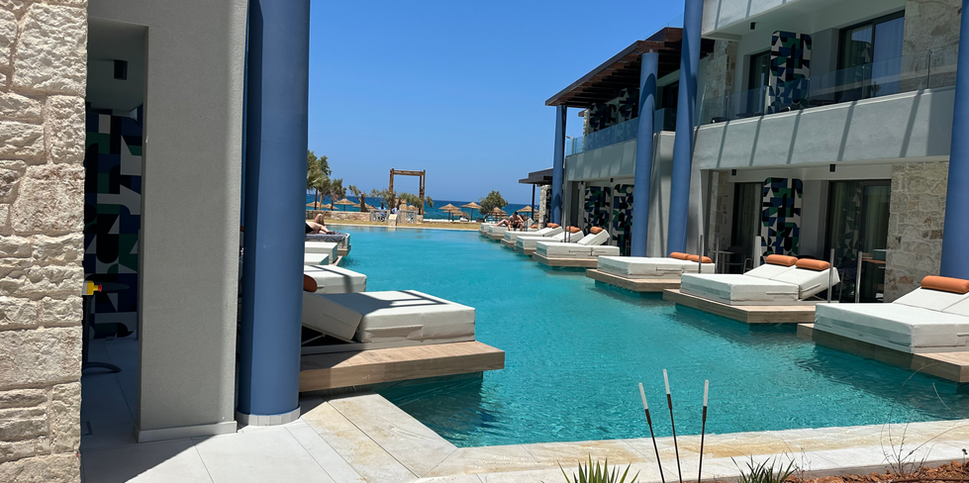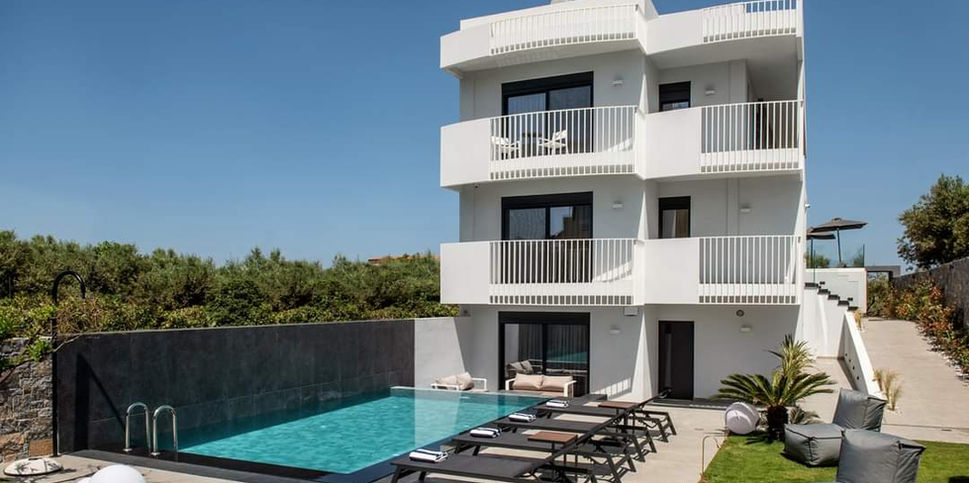top of page
About Us
The best pool company based in Heraklion, Greece
Who we are
Dolphin Pool is a distinguished swimming pool company located in Heraklion, Crete. With more than two decades of experience in the industry we are committed to providing our valued customers with intelligent and aesthetically pleasing pool, spa, sauna, and hammam solutions all-over Crete.
Our team of seasoned professionals is dedicated to delivering unparalleled customer service and ensuring your complete satisfaction with every purchase. We invite you to experience the Dolphin Pool difference and turn your pool dreams into a reality.
Some of our work
-
What is the ideal pH level for a swimming pool?The ideal pH level for a swimming pool is between 7.2 and 7.6. This range ensures that the water is comfortable for swimmers and helps chlorine work effectively to keep the water clean.
-
How often should I clean my swimming pool?It’s recommended to clean your pool at least once a week, including skimming debris off the surface, brushing the walls, vacuuming the bottom, and checking the filter. This will help keep the water clear and prevent algae growth.
-
How often should I test my pool water?It's recommended to test your pool water at least 2-3 times a week, checking for pH, chlorine levels, alkalinity, and other key chemicals. This helps maintain balanced water and ensures a safe swimming environment.
-
What type of pool filter is best for my pool?The three main types of pool filters are sand, cartridge, and DE (diatomaceous earth) filters. Sand filters are low-maintenance and durable, cartridge filters provide better filtration and require less water backwashing, while DE filters offer the highest filtration efficiency but require more maintenance.
-
Do I need a pool heater, and what are my options?A pool heater is useful if you want to extend your swimming season or maintain a comfortable water temperature. Options include gas heaters, electric heat pumps, and solar heaters. Each has its own pros and cons in terms of cost, efficiency, and installation requirements.
-
How do automatic pool cleaners work?Automatic pool cleaners use suction, pressure, or robotic mechanisms to clean the pool's floor and walls. They move around the pool and collect debris into a built-in bag or filter. This helps reduce manual cleaning time and keeps the pool water clearer.
-
What is pool shock, and why is it necessary?Pool shock is a concentrated form of chlorine used to sanitize the pool and eliminate contaminants like bacteria, algae, and organic matter. Shocking your pool is necessary to keep the water clear, especially after heavy use, rain, or algae growth.
-
What is the difference between chlorine tablets and liquid chlorine?Chlorine tablets dissolve slowly and are ideal for maintaining a steady chlorine level over time, making them perfect for automatic feeders or floaters. Liquid chlorine works faster but dissipates more quickly, making it better for shocking or quick adjustments.
-
How do I know if my pool needs more chlorine?Test the chlorine levels with a pool testing kit. The ideal free chlorine level should be between 1-3 ppm (parts per million). If the level is below this range, you may need to add more chlorine.
-
How can I make my pool safer for children?Install a safety fence around the pool, use pool alarms, and always supervise children while they swim. Consider using a pool cover when the pool is not in use and make sure rescue equipment, like a life ring, is nearby.
-
What should I do if my pool water turns green?Green pool water is usually a sign of algae growth. Test the water, balance the pH, and shock the pool with a strong dose of chlorine. Run the filter continuously until the water clears and brush the pool walls to remove any algae residue.
-
Is it safe to swim right after adding pool chemicals?It’s best to wait at least 4-6 hours after adding most pool chemicals, especially shock treatments, before swimming. Always follow the instructions on the chemical labels and test the water before allowing swimmers back into the pool.
bottom of page

























